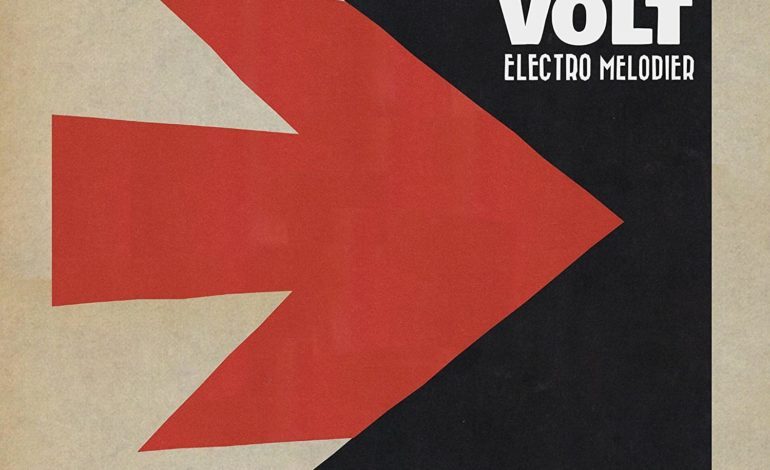

Even the great ones stumble sometimes
In 1994, there’s no way that fans of Uncle Tupelo conceived the two divergent but equally important acts to emerge from their break-up. On the one hand, there’s Wilco and their endless stream of critical praise from the indie and classic rock crowd. On the other, there’s Son Volt, nowhere near as experimental but just as integral to alt-country. Frontman Jay Farrar embraced a more raucous tone to fit with the Minutemen-indebted punk rock flourish of Uncle Tupelo; with his new band, he found a new calling with a weathered, thoughtful baritone that did not age a day over the previous nine records. Sadly, though he sounds as good as ever, Electro Melodier lets him down with its intolerable length and lack of direction.
There are many different flavors of Son Volt: quiet folk, electric blues, classic 90s power-pop, spaghetti western. Several of their most recent records had some sort of mission statement, musical or lyrical. Notes of Blue and Honky Tonk are fairly self-evident, with the former featuring roaring, distorted hard rock on “Back Against the Wall” and “Sinking Down,” while the latter drew from the earliest fusion of rock and country with a lot of fiddles and pedal steel. Union did not have as obvious a musical identity, but it did have a strong lyrical one, with a lot of explicit references to the Trump administration and classic points of political dissent like Orwell’s doublespeak and Occupy Wall Street.
Electro Melodier features the same populist fury, protesting the poor treatment of Cherokee on “The Levee on Down,” the right-wing fear-mongering and those platforms that don’t speak against it on “Someday is Now” and the need for America to live up to its ideals on “Living in the USA.” These are fine topics to sing about, Farrar avoids the exhausting nihilism that pervades so much social commentary in our current, and his warm tone conveys an experience and empathy that supports the content. The harmonies are not as strong as they could be, but Farrar is a strong enough presence to carry the vocals on his own.
Sadly, while the album’s tone and lyrics may not be exhausting, the length of Electro Melodier is. It’s a nearly hour-long album that features no hooks or interesting instrumental passages that last a whole song. It’s not like the band is doing anything out of their comfort zone or that the production is bad; there’s just no soul or spark to any of it. “Rebetika” comes the closest with layers of guitar tones ranging from sparkling to rustic; “War on Misery” goes for a similar vibe that is ruined by awful rustling that pervades the entire track, like someone crinkling aluminum right into the mic.
The closest the album gets to rocking out is “Living in the USA,” with a second verse that picks up in the second verse with heavy piano notes and more electric guitar until the outro is compromised by a hideous, echoing filter more fitting for Wilco than Son Volt. Everything is so nondescript and underwhelming, with too many layers for intimacy and yet no improvisational flair to jam like Zac Brown, and the final stretch is a chore to see through to the end. There’s no denying that Farrar and Electro Melodier are on the side of the angels, but that doesn’t mean it works as music.
